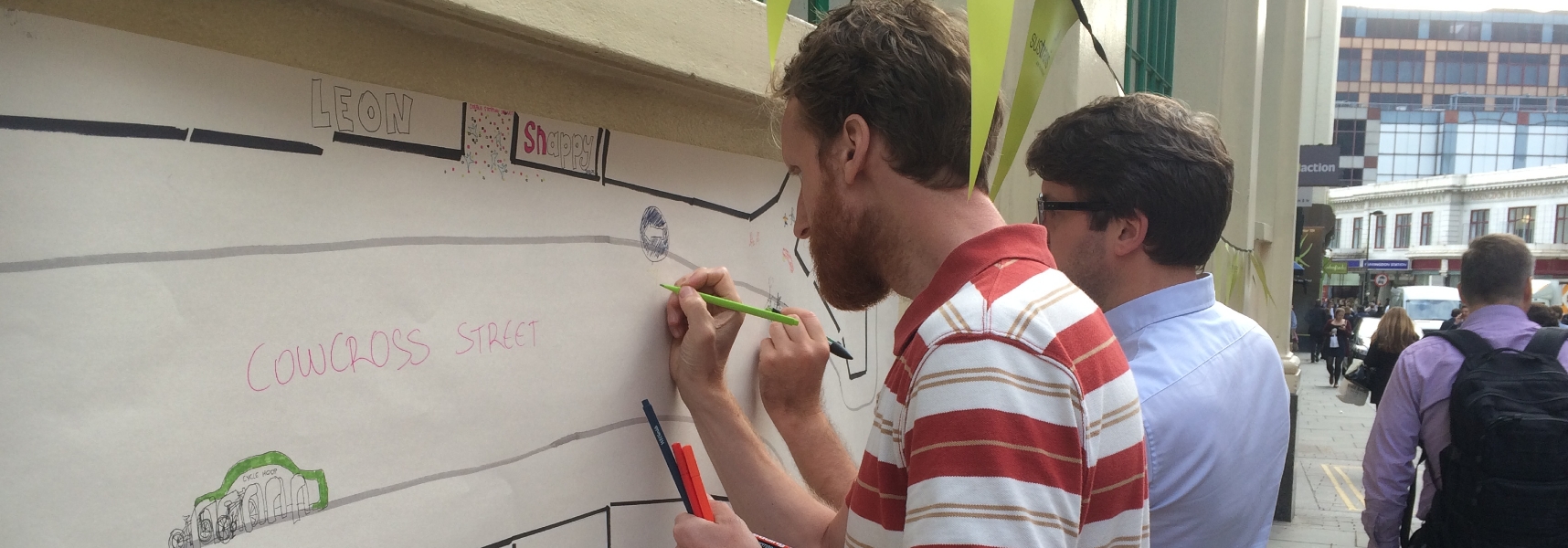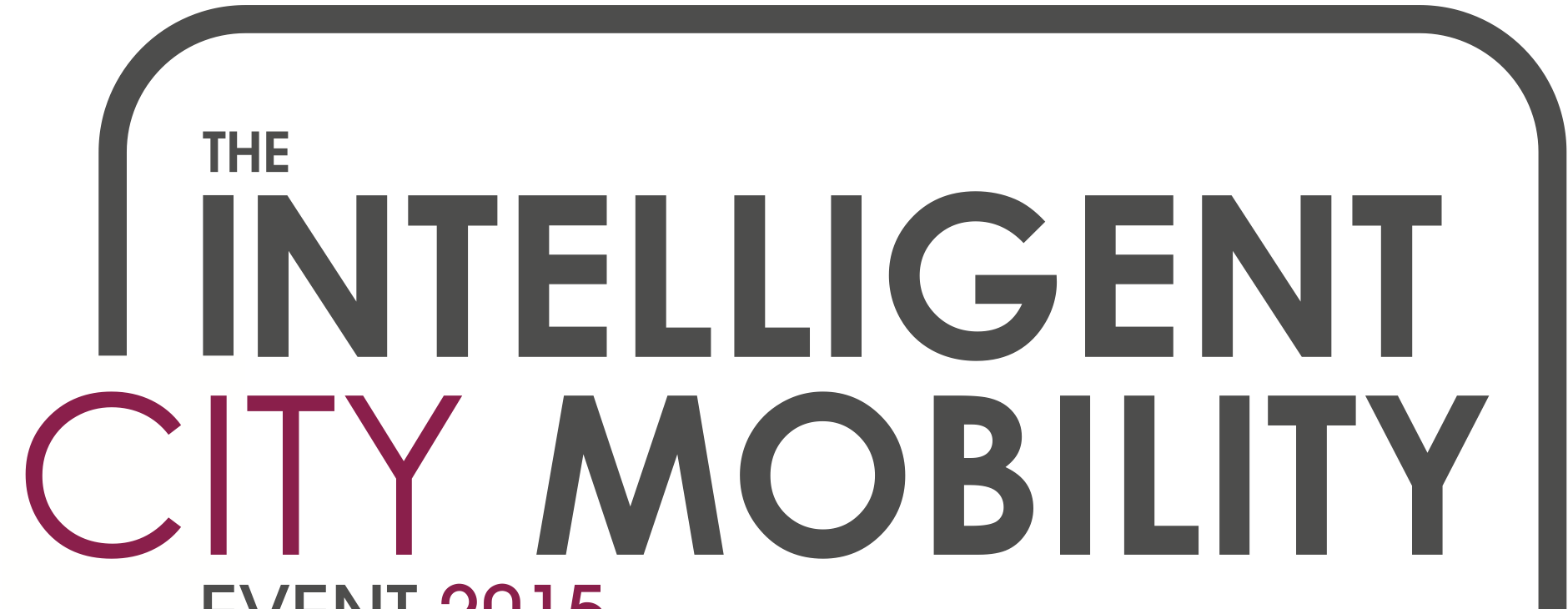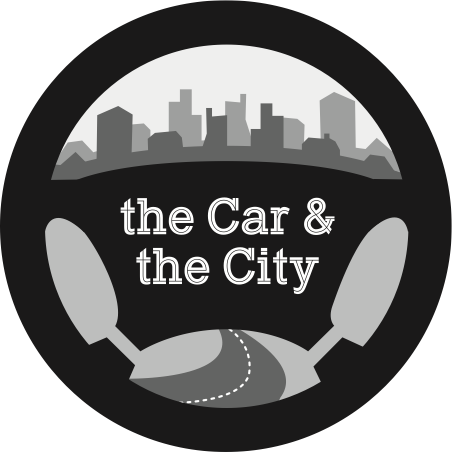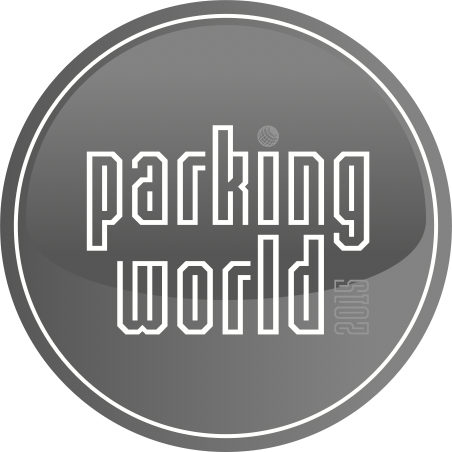|
|
|
|
 |
|
|
Space & Place Conference Programme
|
|
|
|
|
|
|
|
|
|
|
Welcome Peter Stonham, Chairman, Landor LINKS
Session 1: The Car and the City
The day starts with a plenary session which addresses the question: What role should the car have in future urban mobility?
The plenary panel comprises representatives from the automotive, transport planning, academic and policy-making sectors.
Cars: Are they the optimal form of city transport?
Professor John Miles, Chairman, IMPACT Working Group on Cities and Supporting Infrastructure, University of Cambridge
Proof of technology is not the same as proof of benefit
Phil Goodwin, Professor of Transport Policy, University College London and University of the West of England
The city mobility concept - The BMWi vision
Joseph Seal-Driver, Director, DriveNow UK, and Harry Clarke, Commercial Director, RingGo
Connecting cars, people and city infrastructure
Kenneth Malmberg, European Business Development Lead for Infotainment and Telematics, General Motors Europe
Followed by debate and discussion
|
|
|
|
 |
 |
 |
 |
|
|
|
|
|
|
|
|
|
Session 2: Remaking localities through active consultation
One of the biggest hurdles faced by local authorities is engaging with local residents, businesses and stakeholders. This session looks at the consultation process and the role of pilots and trials in selling new ideas.
Chair David Birkbeck, Chief Executive, Design for Homes
Keynote: Places for people, not spaces for cars
Creating locales that are not dominated by the car is a positive thing for residents, shoppers, visitors and businesses. But it can be hard to communicate the message that ample parking for cars is not the only thing that matters. Local authorities can achieve much when they develop imaginative solutions that are presented well and implemented with confidence do deliver results.
John Dales, Director, Urban Movement
Two-way traffic: Engaging with the community
Cambridgeshire's plan to change street layouts and bring in new traffic management measures has attracted vocal opposition from residents. The County Council tries to give stakeholders every opportunity to contribute to the development of new schemes and as such, is constantly reviewing its policy of engagement with the local community.
Vanessa Kelly, Major Infrastructure Delivery Officer, Cambridgeshire County Council
Test driving new street scenes
Kings Heath High Street a busy urban centre in Birmingham. The challenge has been to make the area more cyclist and pedestrian friendly, while not reducing parking capacity or restricting traffic flow. Initially sceptical traders were won over by a one-day trial when space was given over to people.
Joe Green, Smarter Choices Manager, Sustrans (West Midlands)
Going Dutch in London: Walthamstow's Mini-Holland project
The London Borough of Waltham Forest Council is implementing an ambition 'Mini-Holland' programme to make its streets more pedestrian and cyclist friendly. Retailers and businesses were initially concerned that the changes would have an adverse impact on them, but are beginning to understand the potential benefits of increased footfall. This has involved compromises, with fewer parking spaces removed than initially proposed. Some businesses have now even agreed to trial deliveries by cargo bike.
Jon Little, Complementary Measures Manager: Mini-Holland, Waltham Forest Council
The real value of good streets
How do you convince the public that you're not 'wasting tax payers money' on changes to the public realm? Let the private sector pay for it! In Brighton one land owner was so confident that improvements to the street would raise the value of their asset that they asked the council if they could fund the works themselves. This project helps to quantify the real benefits of investing in our streets and other public spaces, and creates a new template for funding.
Oliver Davey, Traffic Engineer, Urban Movement
|
|
|
|
 |
 |
 |
 |
|
|
|
|
|
|
|
|
Session 3: Rethinking access to towns and cities
This session looks at how town centres and the High Street can be made more accessible.
Chair John Dales, Director, Urban Movement
Keynote: Liveable cities and the myths of urban transport
Tackling congestion has been 'Objective Number 1' for transport planners and politicians since the 1960s, so why does congestion never get any better? Would better, cheaper, more frequent public transport solve the problem? What can we learn from liveable cities across Europe? This presentation dispels many myths and presents a sustainable vision for the future.
Dr Steve Melia, Senior Lecturer in Transport and Planning, University of the West of England
How do people really travel to the High Street? The truth about 'free' parking
London Councils believes proper research is needed to inform the debate on whether or not providing free parking is good for town centre economies, so has been gathering hard evidence of the impact of different parking and transport policies on High Street retail.
Nick Lester-Davis, Corporate Director of Services, London Councils & president, European Parking Association
The pavement parking ban: A status report
There is currently no consistent approach to the rules on parking on pavements. However, Private Members' Bills that would make a ban on pavement parking the norm across the country are now making their way through both the UK and Scottish Parliaments. The bills are supported by charities such as Guide Dogs, the RNIB and Living Streets, as well as the British Parking Association (BPA).
Dr Rachel Lee, Policy & Research Coordinator, Living Streets
Educating the public: Safer routes to school
Many parents drive their children to school because they are worried about road safety. Ironically, the cars taking part in the 'School Run' are a major threat to children, both in terms of road safety and wider concerns about pollution and lack of exercise. There are, though, ways of encouraging families to embrace walking as a better way to get to school.
David Graham, Head of Strategy (Workplaces and Schools), Living Streets
|
|
|
|
 |
 |
 |
 |
|
|
|
|
|
|
|
|
Session 4: A socially and environmentally friendly role for cars? Case studies
The day concludes with delegates from Parking World, The Car and the City and Space & Place coming together to listen to stories from cities that have developed and implemented policies such as mobility as a service initiatives, speed restrictions, car-free streets, cycle schemes, car clubs, park & ride schemes, maximum parking standards, etc.
The context: the rise of urban mobility services: past trends and future prospects
Professor John Polak, Chairman, Centre for Transport Studies and Director, Urban Systems Laboratory, Imperial College London
Helsinki, Finland: a traffic lab for new era mobility, and Helsinki's Mobility on Demand service
Sampo Hietanen, Founder, Mobility as a Service, Helsinki, and CEO, ITS Finland
Milton Keynes: what driverless futures will mean for the city
Brian Matthews, Head of Transport Innovation, Milton Keynes Council
Followed by a panel discussion and Q&A with guest speakers from the day, chaired by Professor Polak
-
John Siraut, Technical Director, Economics, Jacobs
-
Nick Lester-Davis, Corporate director of Services, London Councils
-
Steve Melia, Senior Lecturer in Transport and Planning, University of the West of England
-
Max Crane-Robinson, Commercial Director, National Car Parks
-
John Dales, Director, Urban Movement
|
|
|
|
 |
 |
 |
 |
|
|
|
|
|
|
Networking reception
A chance for speakers, exhibitors and delegates to discuss the day's learning and also how to enter the Smarter Travel Awards 2016 and British Parking Awards 2016.
|
|
|
|
 |
 |
 |
 |
|
|
Published programme is subject to change. Please refer to this page for latest developments.
|
|
 |
 |
|
|
 |
 |
 |
|
|
|









